Unraveling the Intricacies of Social Media and Depression
Picture this: Yours truly, Aiden, shielding my eyes from the afternoon sun, clutching a cup of coffee while Dexter, my loyal Dalmatian, bounds about the garden. Nearby, my adorable goldfish Finny flits around in his aqua abode. All this tranquility is routinely interrupted by an ever-fascinating and equally turbulent digital world—the realm of social media. You see, the complex and often misunderstood relationship between social media and depression is something I find myself contemplating on these serene mornings. Today, I'm laying out my thoughts, hoping it makes sense of the whirlwind that is our collective digital presence.
A Deep-Dive Into The World of Likes, Shares, And Comments
At its core, social media provides a platform for expression and connection. Think of it as an ever-evolving digital town square. However, increasingly what picture is being liked, who commented on whose photo, and how many followers one has become critical to their self-perception and contributes to levels of anxiety and depression. Each page view, like, and share seemingly carrying disproportionate weight.
Now, I'm no stranger to the allure of a well-liked Instagram post or a retweeted quip. There's something almost addictive about that pop-up notification. It's a mechanism that reinforces our involvement in these online realms. In effect, each notification anchors us deeper into these digital matrices.
Conversely, the lack of such notifications can also trigger feelings of loneliness and exclusion. I observed this exact pattern with my son, Landon, who started showing signs of gloom on days when his posts garnered lesser attention. It was striking and unsettling, compelling me to dig deeper into the maze that is social media and its link to depressive symptoms.
The Unmasking Of Cyberbullying And Its Grisly Effects
As my investigation took a more personal turn, I stumbled upon the vile beast of cyberbullying lurking in the corners of social media. It's on such a massive scale that it's hard to ignore. It's like the giant squid in the sea of digital interactions, elusive but certainly not mythical.
According to a study by the Pew Research Center, 59% of American teens have been bullied online. Cyberbullies operate behind the veil of anonymity the internet provides, often causing incalculable psychological harm to their victims. With bullying no longer constrained to schools or playgrounds, the digital realm has become a new battleground for our kids, exacerbating feelings of isolation, sadness, and depression.
As a father, my heartbreaks for every child subjected to such malice. I felt an overwhelming need to protect my children, Landon and Elise, and help them navigate this sometimes treacherous digital landscape. I believe mindfulness around dealing with cyberbullying can help mitigate its impact.
The Double-Edged Sword Of Validation
One day, amid my exploration, I found Elise engrossed in meticulously editing a picture of herself for Instagram. It struck me — the power of physical appearance in the realm of social media and its influence on mental wellbeing.
Social media platforms indirectly push users, especially the younger demographic, into a toxic cycle of self-comparison, fueled by the pursuit of validation and approval. It's a peculiar phenomenon tagged by researchers as 'social comparison theory.' We get our daily dose of these visually perfect, carefully curated lives and compare it with our reality, often amplifying feelings of inadequacy and triggering depressive symptoms.
My advice to my children, and really anyone grappling with this, is to remember that social media platforms only showcase highlight reels and not real lives. It's perfectly fine if our daily lives do not constantly spark joy or resemble an impressionist painting. It's okay to be human.
Striking The Harmonious Chord: Usage And Happiness
Now, having pointed out the pitfalls, it would be awfully unfair of me if I didn’t mention the magic of social media. Like anything else in life, there is a balance to be struck with social media usage. As a father, my favorite thing about social media has been how it strengthens the connection between my children and their grandparents living overseas. All these video calls and instant messages have ensured the familial bond remains intact despite the distance.
Moreover, social media has truly democratized information and given voice to the voiceless. It has empowered movements, toppled governments, and fostered solidarity. It's that little spark of change or the little burst of positivity that we often seek. But this only comes when we practice mindful and controlled usage.
So, folks, the bottom line is, social media isn't the villain here, but rather how we choose to interact with it that could potentially fan the flames of depression. Make sure to take those digital detoxes, prioritize real-world interactions, and remember, your worth isn't determined by numbers on a screen.
As for me, I'm going to take an afternoon stroll with Dexter and maybe later show Finny some attention—he seems to be a tad jealous of all the screen time we humans are getting.

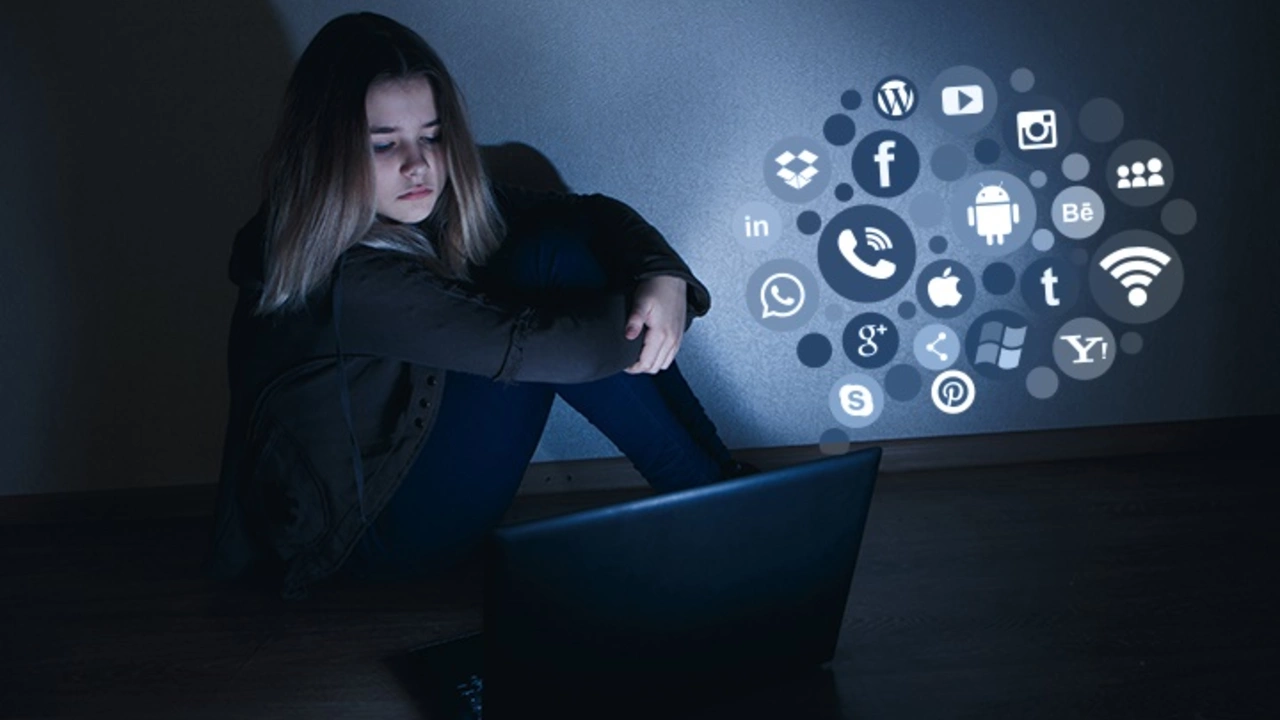

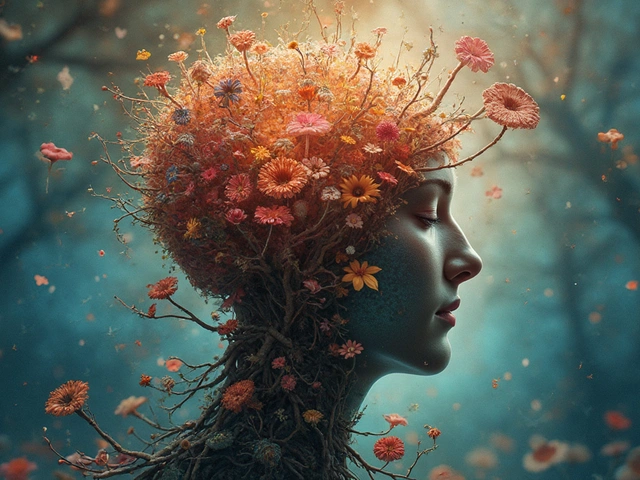
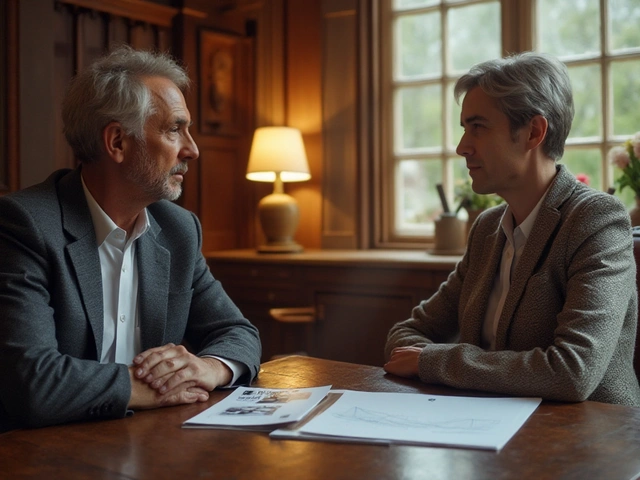
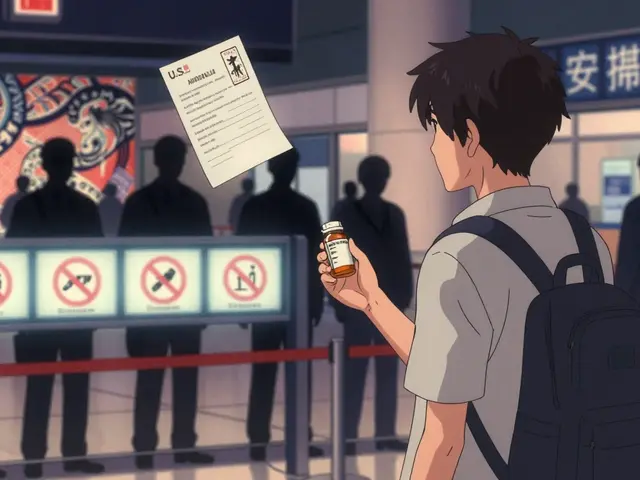
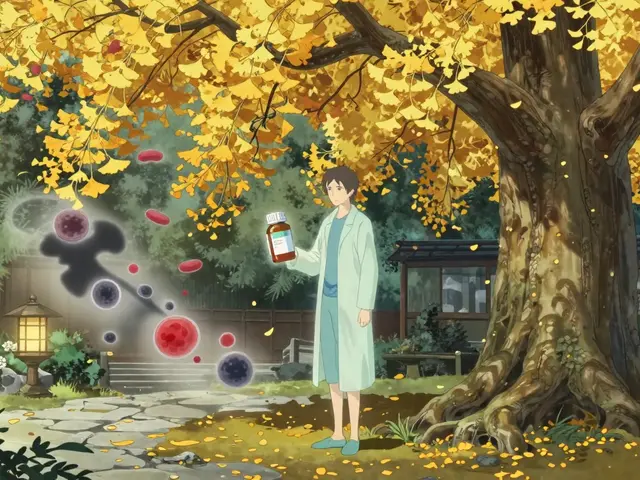
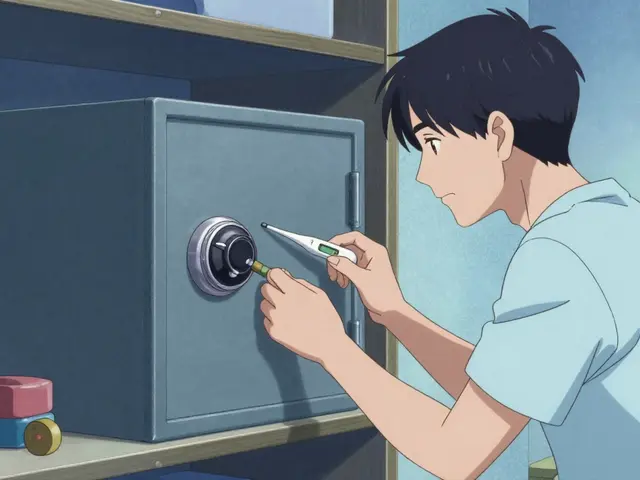

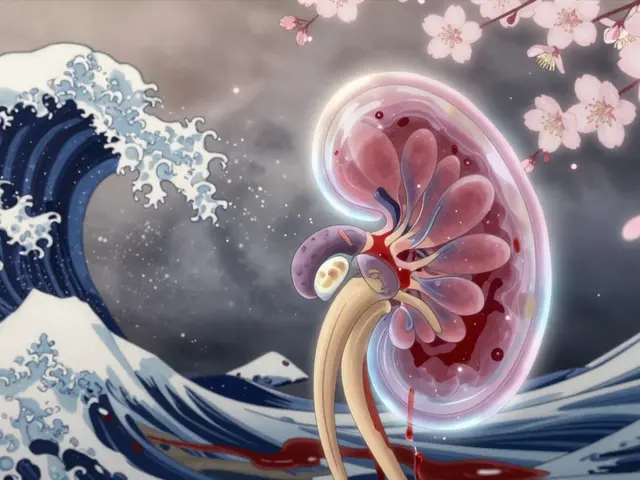
Emil Tompkins
August 1, 2023 AT 11:22Kevin Stone
August 1, 2023 AT 18:11Natalie Eippert
August 2, 2023 AT 03:02kendall miles
August 2, 2023 AT 19:54Gary Fitsimmons
August 3, 2023 AT 00:21Bob Martin
August 3, 2023 AT 11:34Sage Druce
August 3, 2023 AT 14:18Tyler Mofield
August 4, 2023 AT 10:34Patrick Dwyer
August 4, 2023 AT 10:42Bart Capoen
August 4, 2023 AT 15:02luna dream
August 4, 2023 AT 16:21Linda Patterson
August 5, 2023 AT 04:05Jen Taylor
August 5, 2023 AT 19:19Shilah Lala
August 6, 2023 AT 02:48